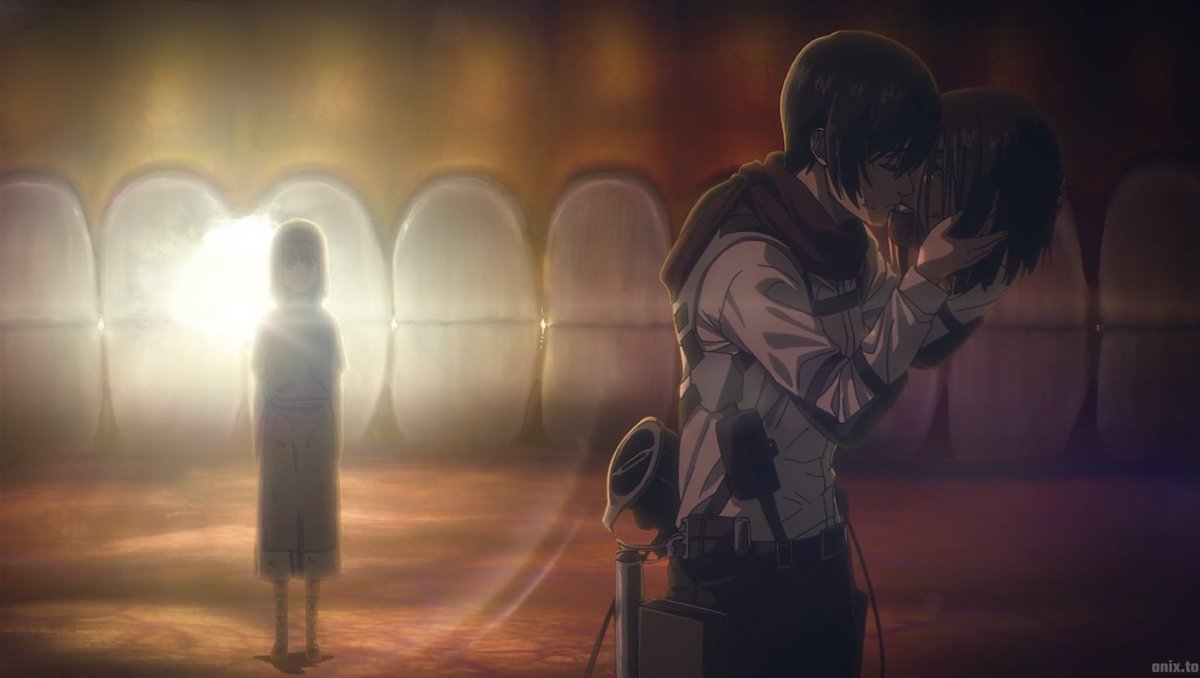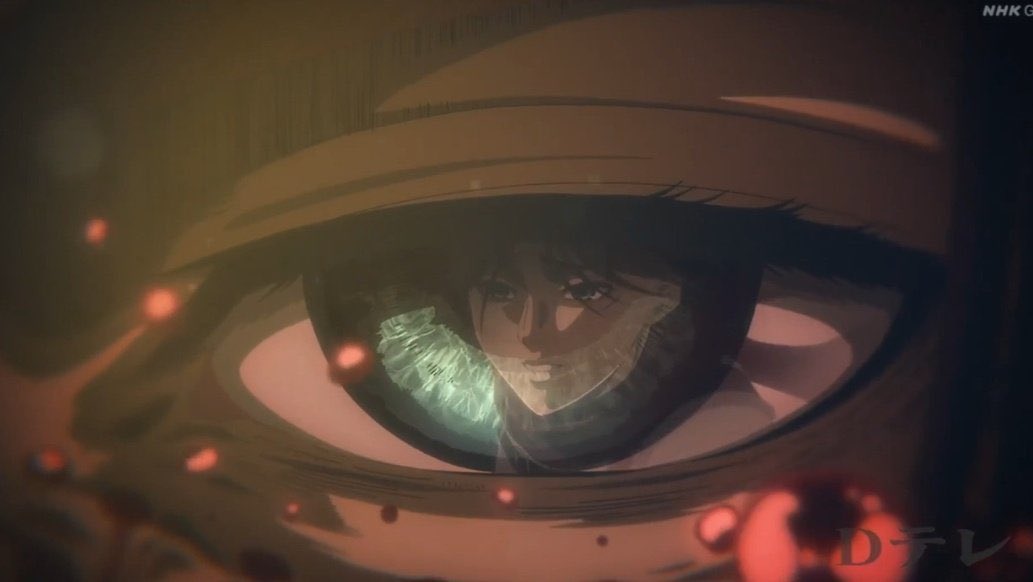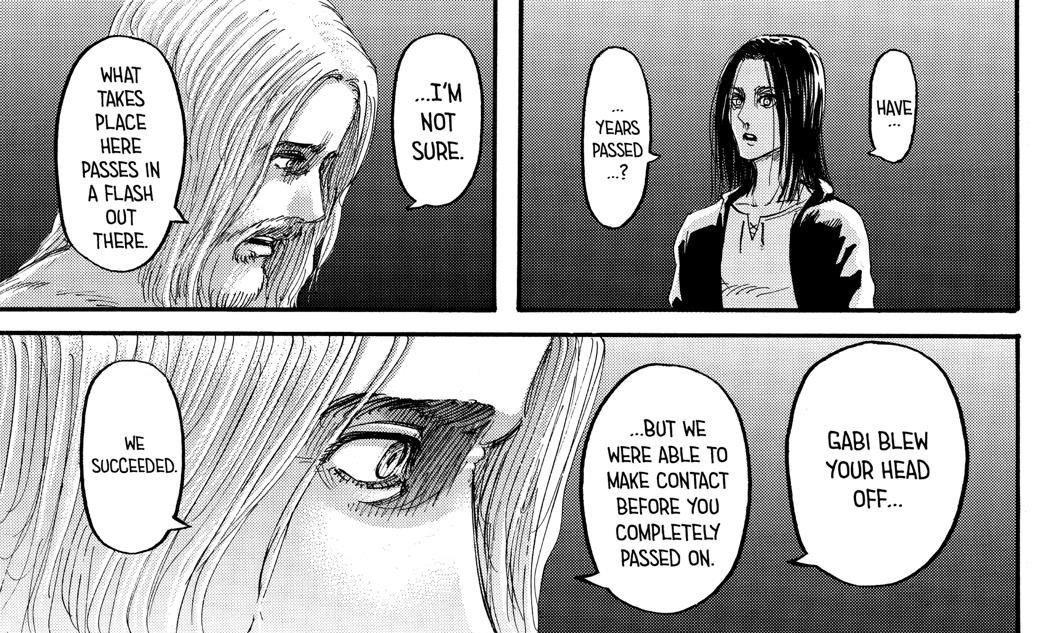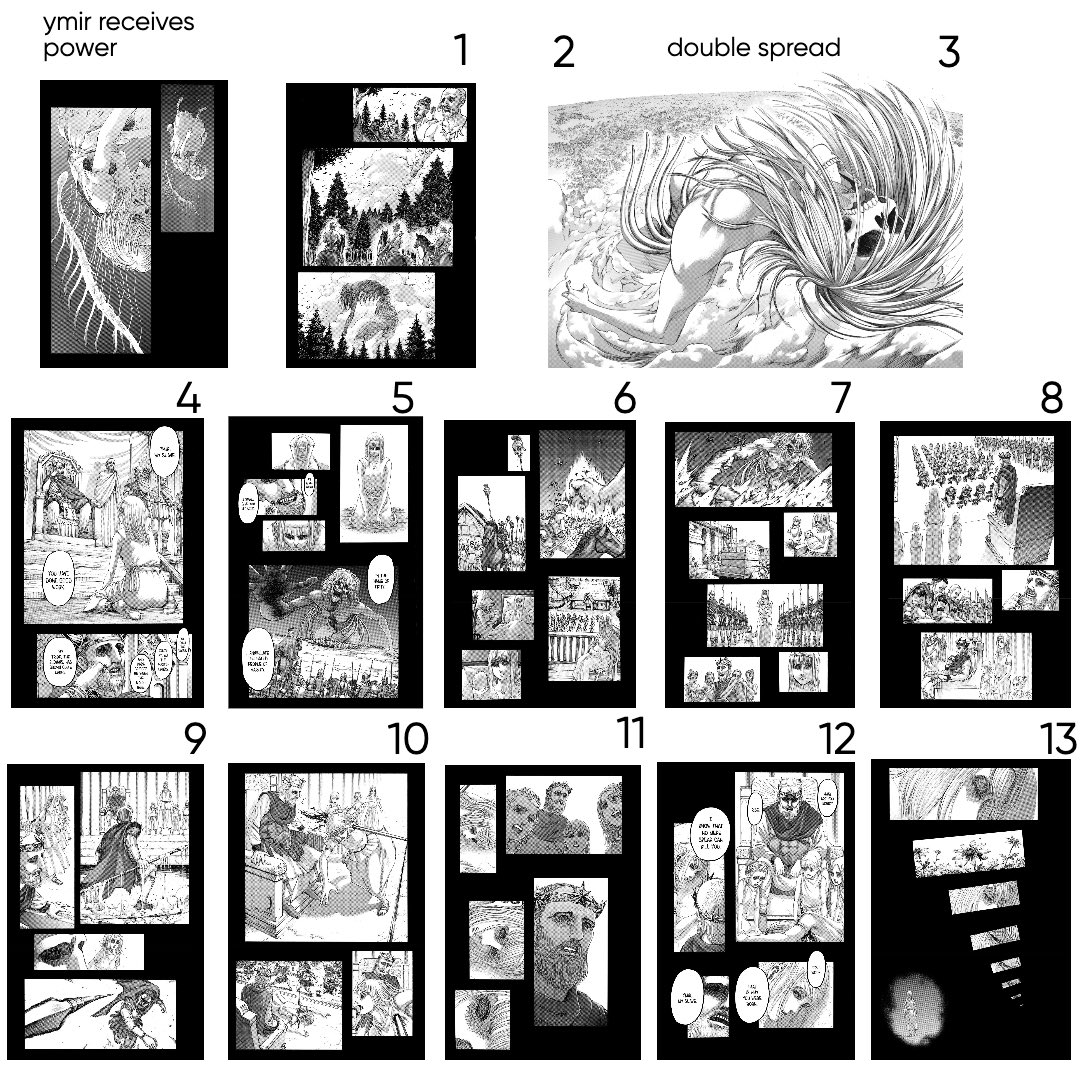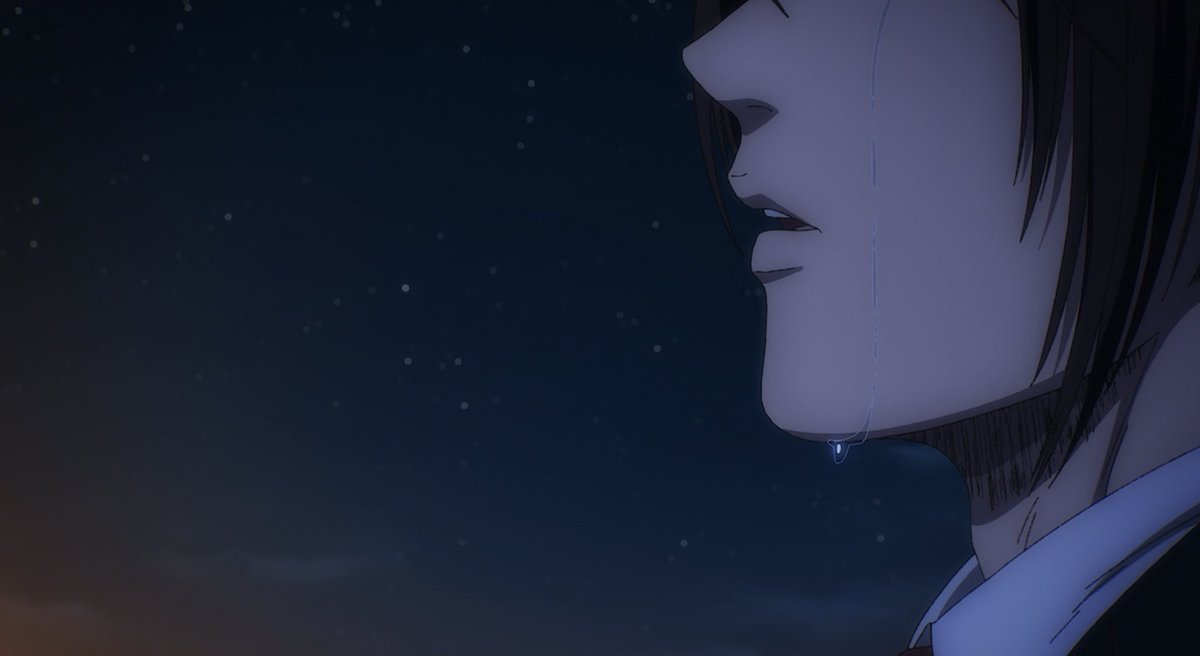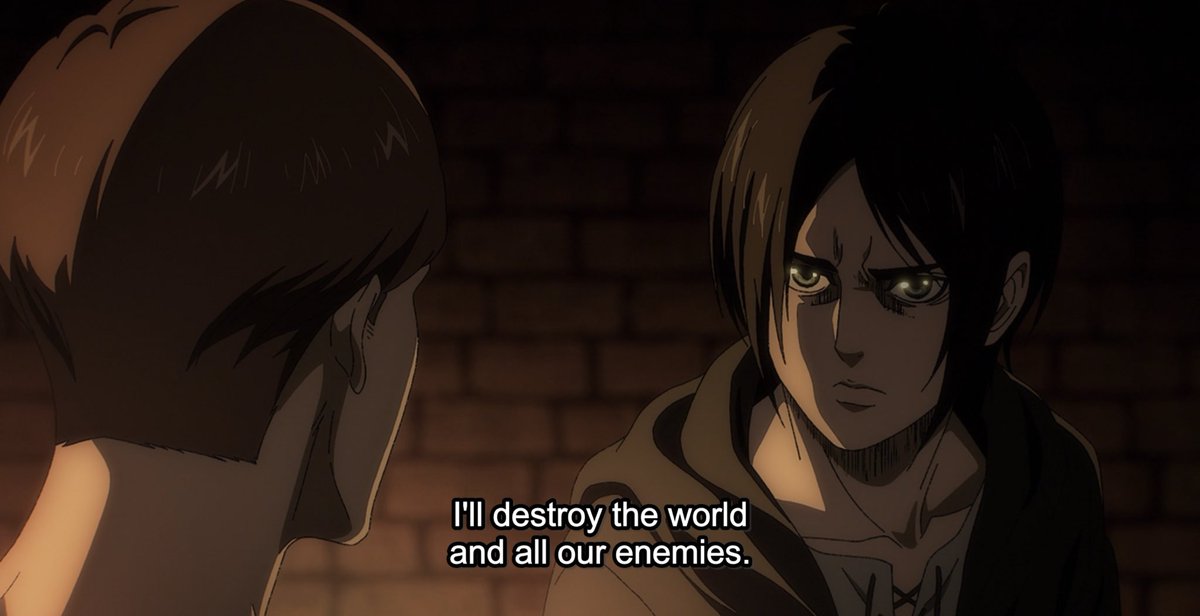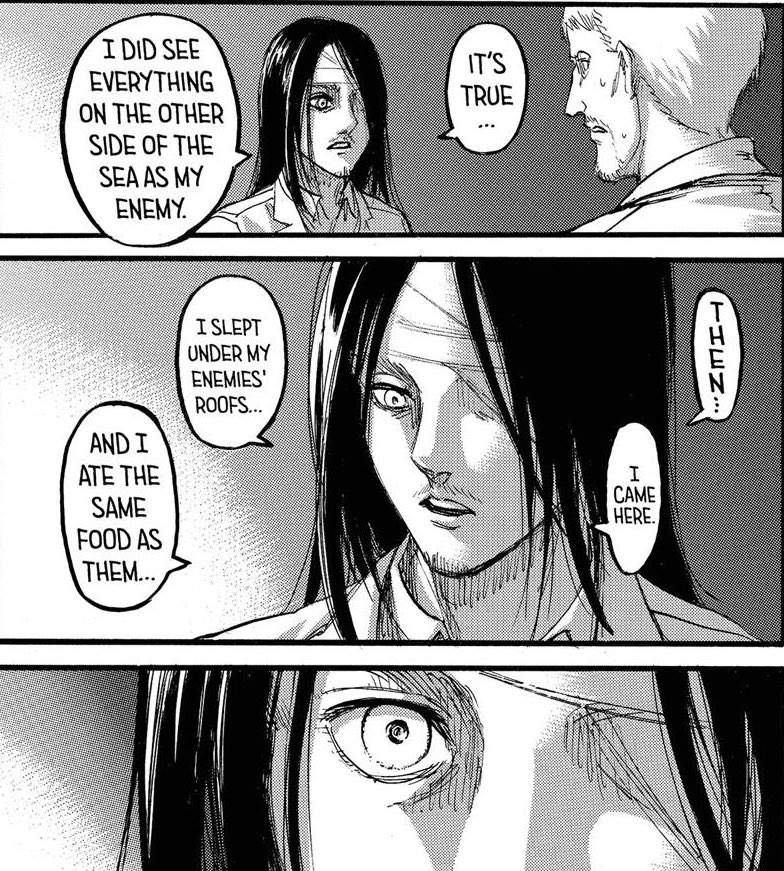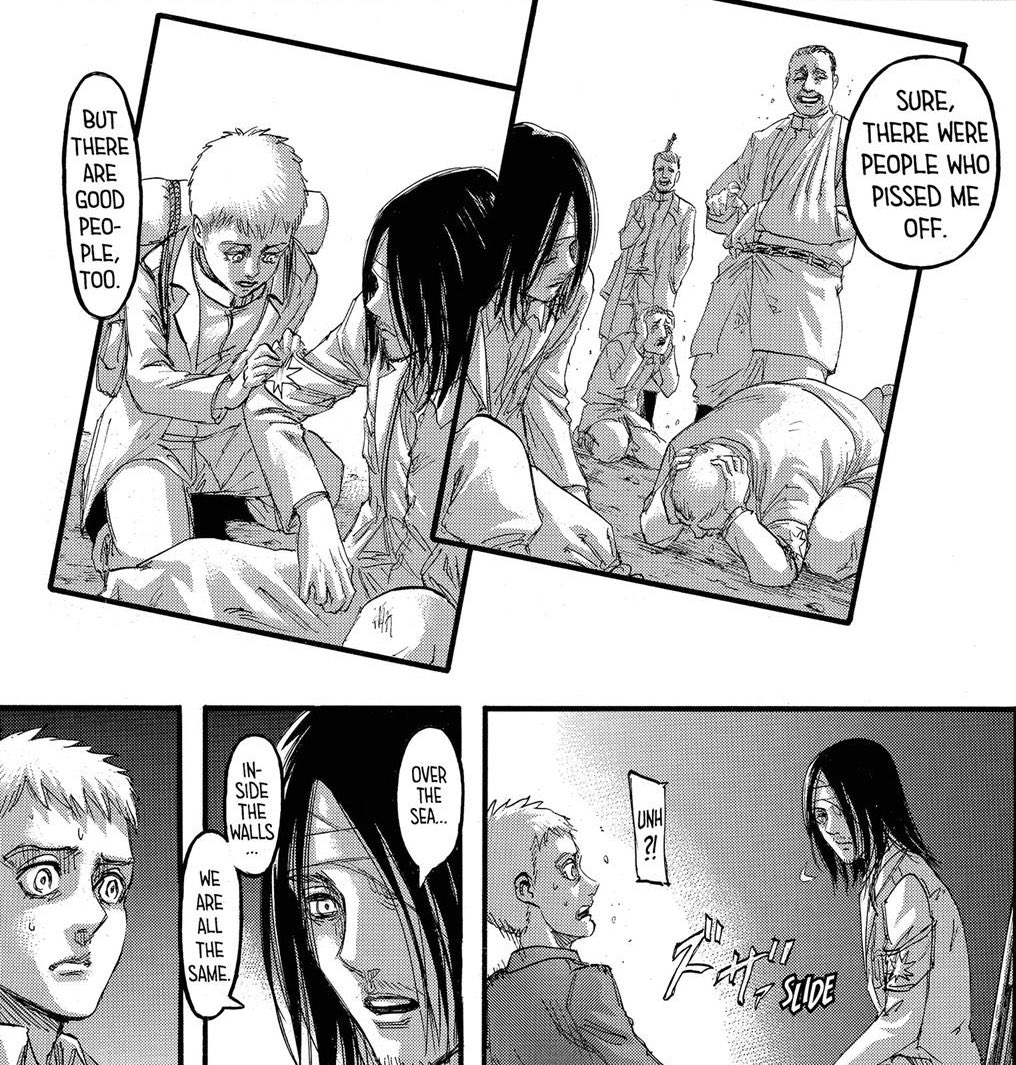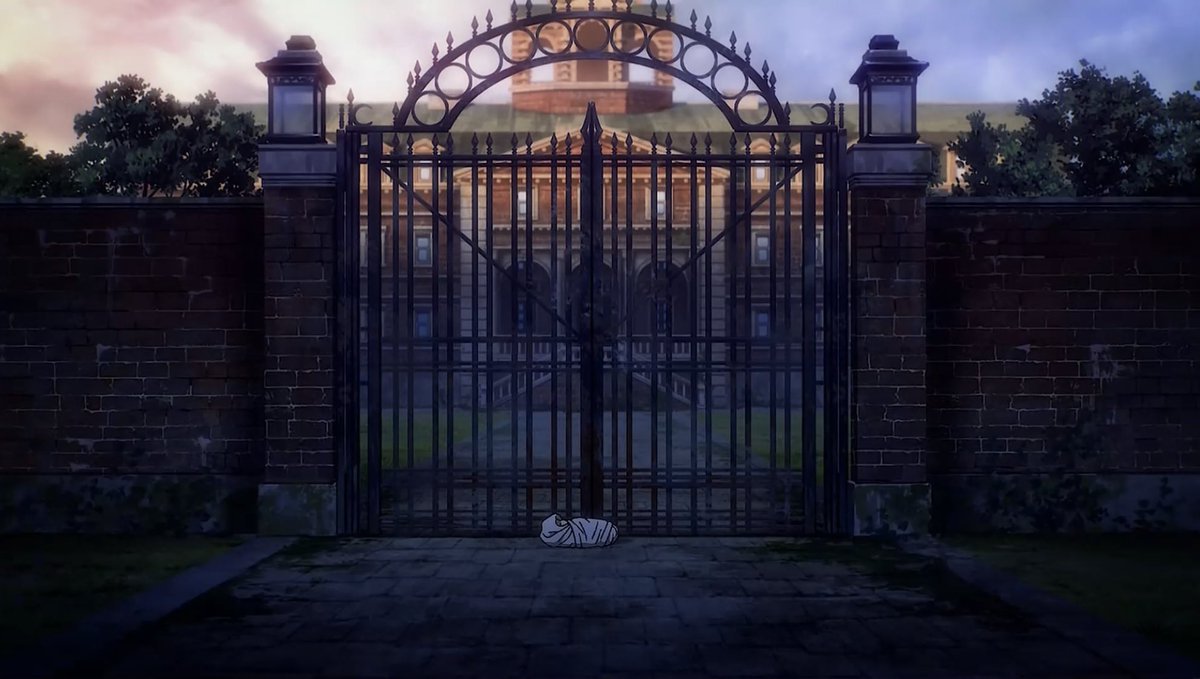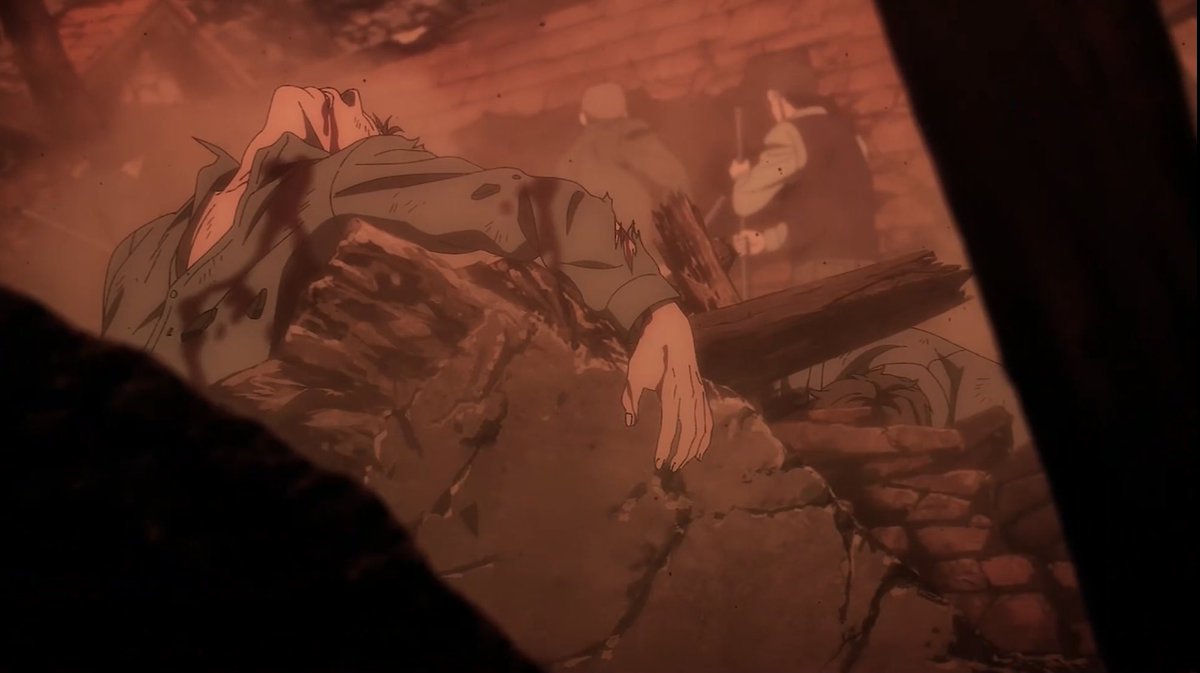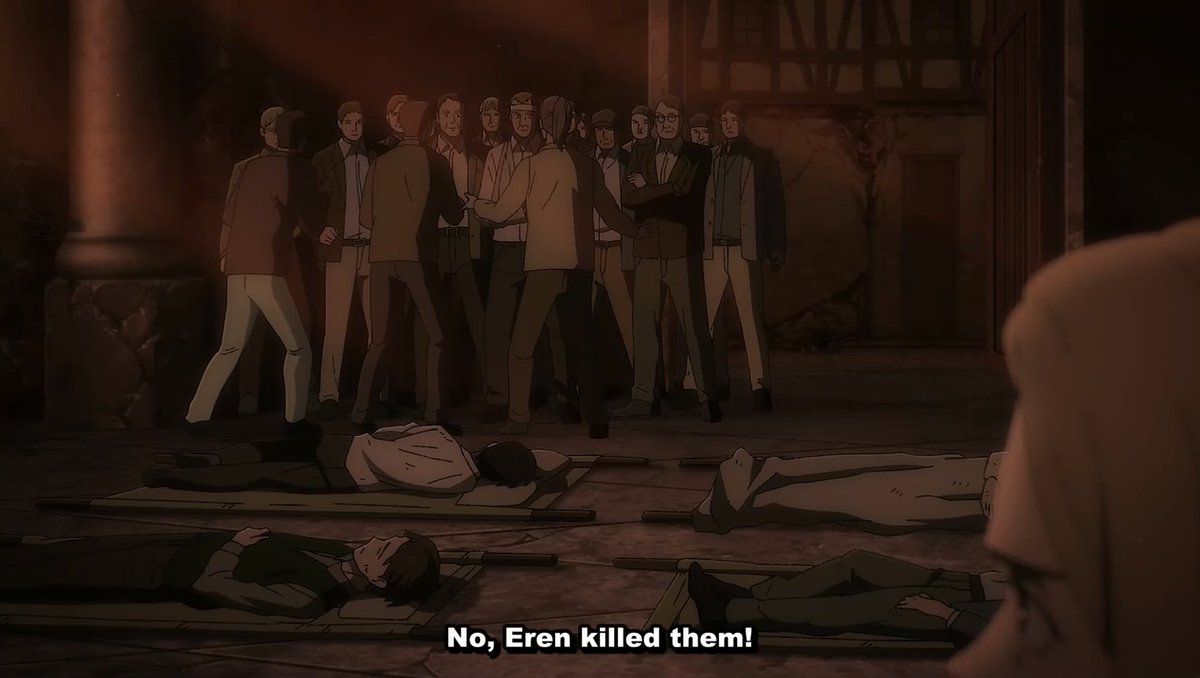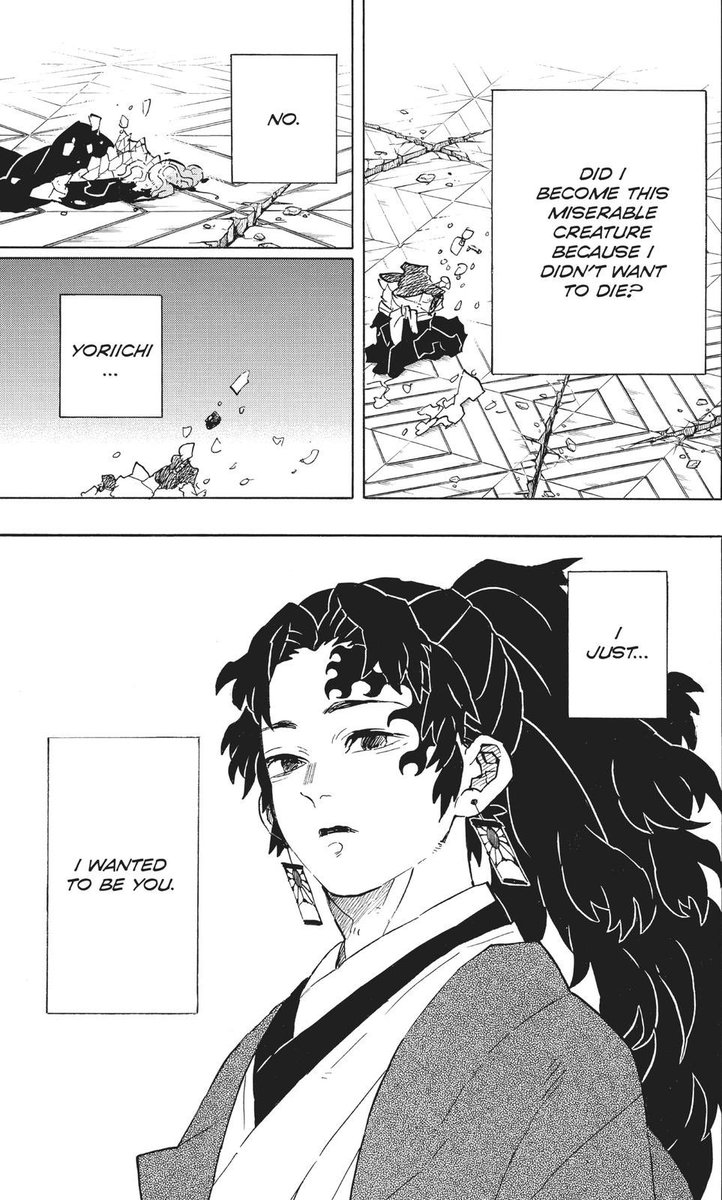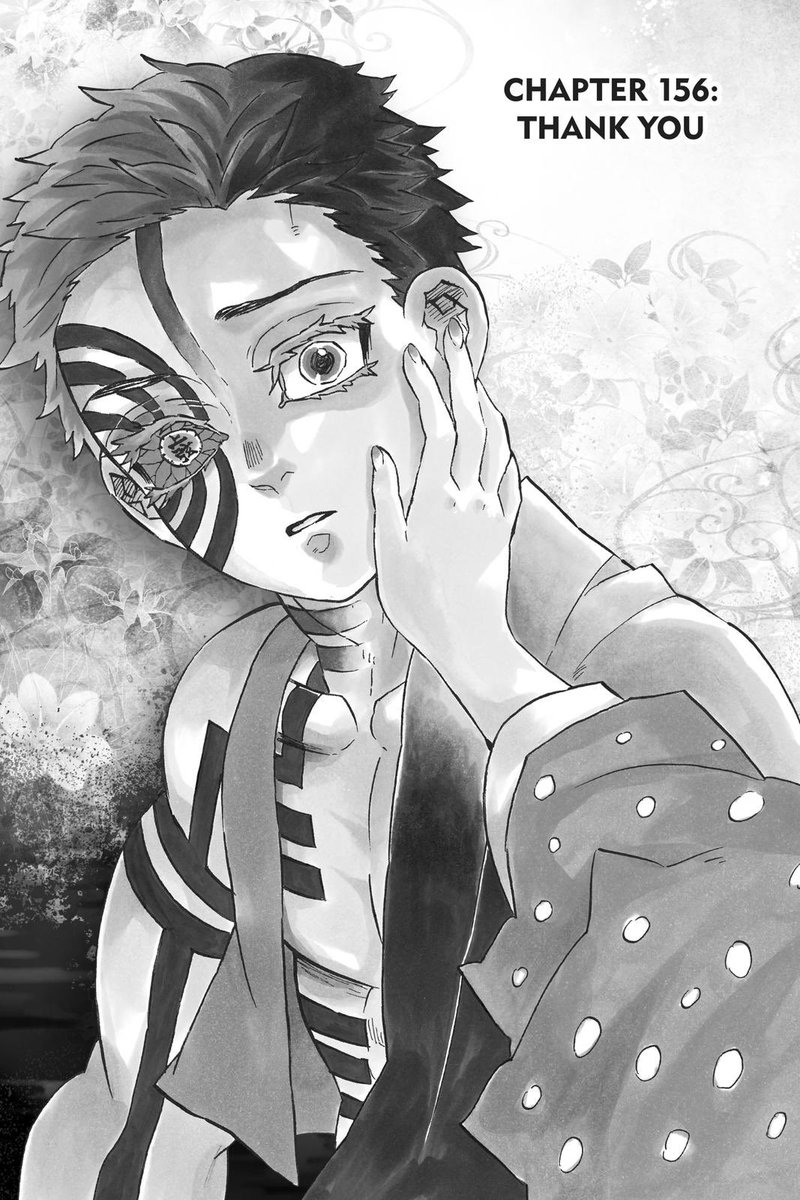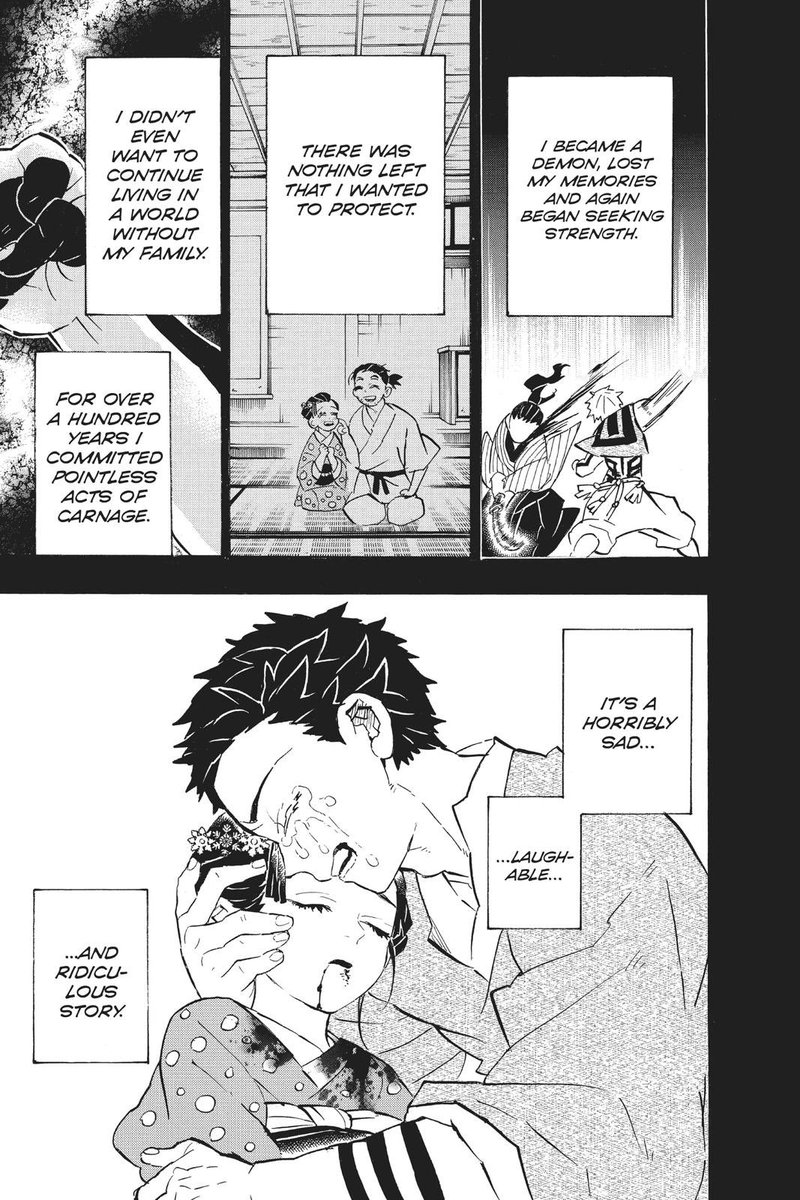curses are born from overflowing emotions therefore it makes sense that love and curses are two sides of the same coin, but the most interesting aspect to me is perspective. one’s love is another’s curse or perhaps it’s both - ‘love is the most twisted curse of all.’ + 

it’s a theme that runs through many characters but i think it’s highlighted the best through the mc, yūji. his original motivation was a message from his grandfather (‘love’), but it ended up serving as a ‘curse’ instead (visually through black panelling). + 





It’s again emphasised through nanami. here we see the final message for yuji is in black (‘curse’), but yuji’s decision to take that on changes the panelling to white. Nanami said it with ‘love’ for yuji and despite it being a ‘curse’, yujis own perspective can change that back.+ 


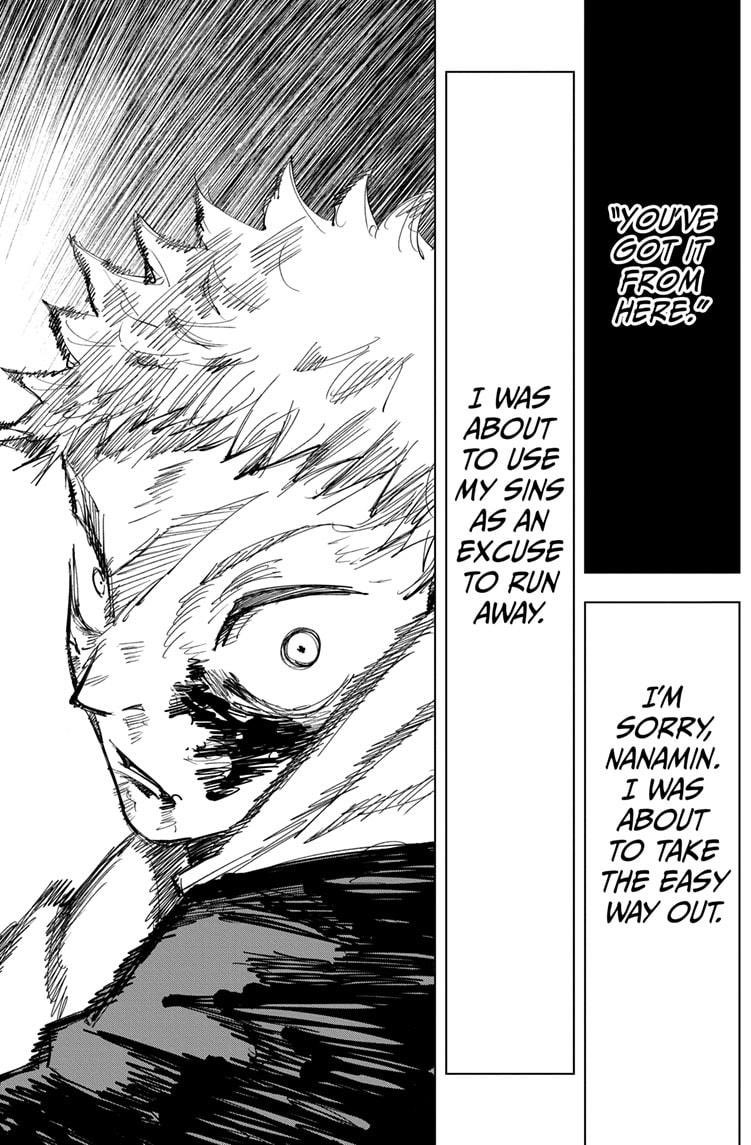


This is how yuji eventually wins the ‘war’ of truths and eventually defeats mahito - through his rationalisation of himself as a cog and the acceptance of his own ‘purpose’. He will keep carrying both love and curses as HIS decision. + 







This brings up the ‘agency’ discussion. Yuji is the protagonist of a manga, a character created to serve a role just like his role in-universe as a creation by kenjaku to fulfill his own plans. This lack of agency is emphasised throughout the entire manga - but does that MATTER?+ 







To answer i think we should look at Toji - the man who was ‘free’. Looking deeper we can see that toji was never truly free at all: his trauma from the zen’in informed his whole life then he was reincarnated into samsara as a puppet. None of these scream ‘freedom’ to me. + 





In fact the only moments of true freedom are when he abandons his trauma to live with megumi’s mother, and when he kills himself to save his own son - literally escaping the eternal cycle of rebirth that he had been caught in (wouldn’t die till the vessel broke). + 

My interpretation is that akutami is implying true ‘freedom’ comes not from birth or a mechanical function (ie lack of ce) but instead from accepting both love and curses and living with reality in its entirety. Through complete knowledge we can make our own, ‘true’, decisions. + 

Megumi also plays into this for me. His perspective is clearly set out visually between love (white) and curses (black). His journey is one of battling with both sides of these (and his own conscience) as shown through tsumiki actually residing in ‘grey’. + 

Again it’s maintained through so many characters:
gojo/geto
yuta/rika
riko/life
maki/mai
nobara/saori
mechamaru/miwa
kamo/his mother
yaga/panda etc
To me ‘a story of love and curses’ is perfect for jujutsu kaisen. Didn’t think i’d write this much lol but thanks if u got here



gojo/geto
yuta/rika
riko/life
maki/mai
nobara/saori
mechamaru/miwa
kamo/his mother
yaga/panda etc
To me ‘a story of love and curses’ is perfect for jujutsu kaisen. Didn’t think i’d write this much lol but thanks if u got here




• • •
Missing some Tweet in this thread? You can try to
force a refresh




